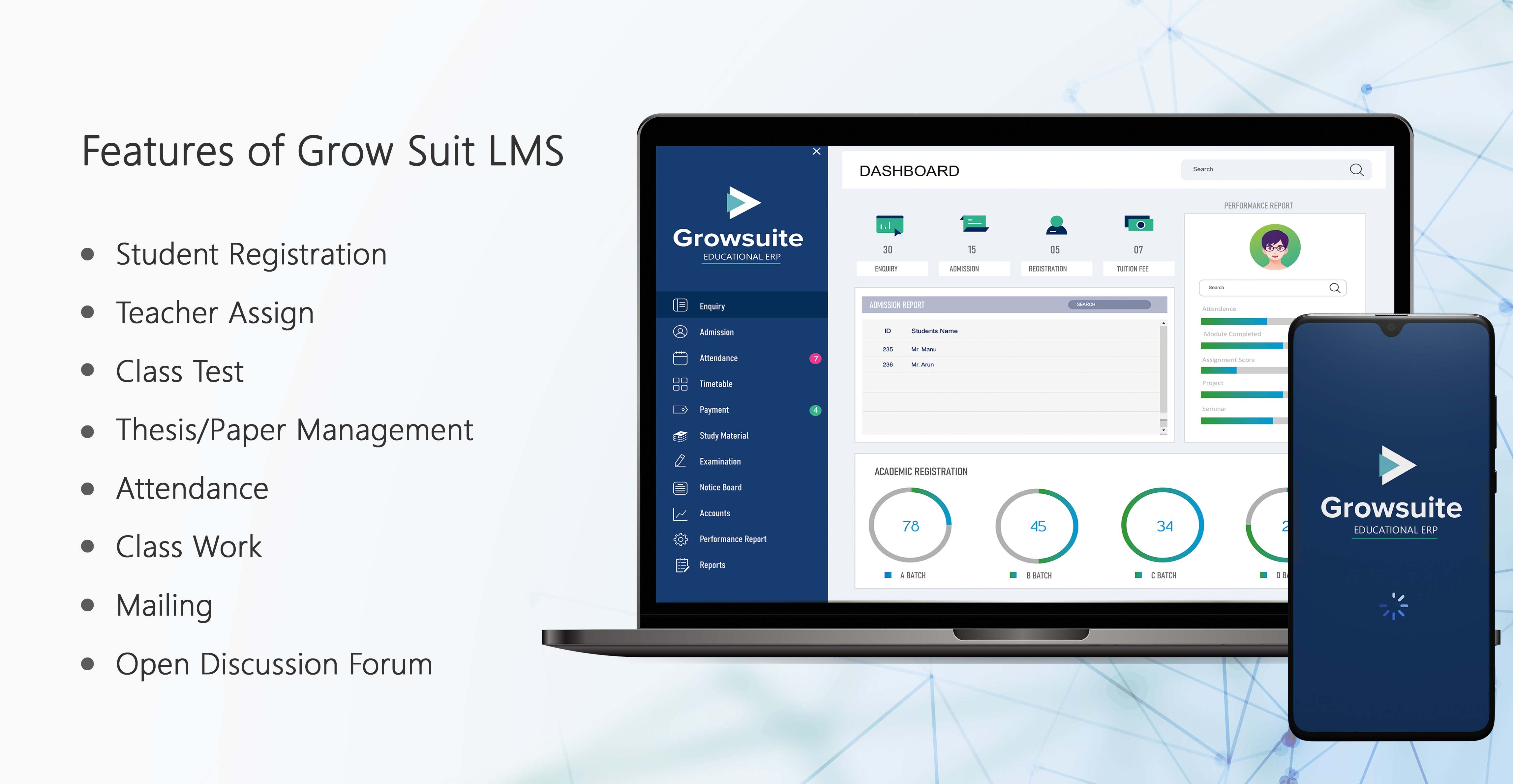Learning Management System
A Learning Management System (LMS) is an online integrated software used for creating, delivering, tracking, and reporting educational courses and outcomes. It can be used to support traditional face-to-face instruction, as well as blended/hybrid and distance learning environments. Schools use LMS software to plan, implement, facilitate, assess, and monitor student learning. All of these activities are conducted behind a virtual wall that provides a measure of authentication, security, and privacy.

The LMS helps schools maintain the integrity of their educational programs by enabling educators to effectively and efficiently develop courses, deliver instruction, facilitate communication, foster collaboration between students, assess student success, and provide other learning resources for support. This information can be analyzed to detect patterns and gaps in learning for needed remedial student support and overall class improvement. Leaders can access reports by class and overall school performance for improvement planning and data-driven professional development.
Within an LMS teachers can combine/align standards with curriculum/resources and assessments, monitor students’ progress, activities, and other performance outcomes of targeted individualized student learning objectives and overall school improvement initiatives/strategies. Teachers can set the targeted individual student's learning objectives and provide them with immediate feedback on areas needing improvement.
An LMS also provides teachers with one central location for lesson and assessment planning, student feedback portals, parent and family reports, end-of-course grades, just to name a few.
Why Use a Learning Management System? Benefits
If you’re still wondering what a learning management system is and why you should have one, let’s discuss the benefits.
- Cost savings: Training and teaching via an LMS reduces employee travel, optimizes training expenditure and usage, and minimizes facilities and instructors to pay. From the cost savings aspect, an LMS is a no-brainer.
- Consistency of training: Training and course delivery via an LMS is consistent since it is centralized. It delivers a consistent training and learning quality to all employees by supplying a single source for content, course materials and instructions.
- Easily tracks learner progress and performance: LMS allow the company to easily generate training reports on an overall or user/student level basis. By utilizing an LMS for eLearning courses and/or online training, trainers can easily track goal progress, knowledge gains, ROI and more.
- Meet regulatory compliance: Many industries may be required to train, assess and report for compliance purposes. Just a few of these industries are oil and gas, pharmaceuticals, communications, and building and construction. An LMS can help you satisfy these legal and regulatory requirements.
Grow Suit LMS

